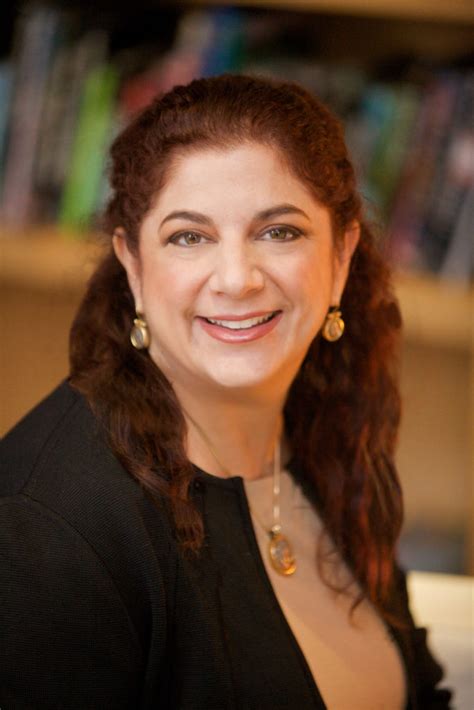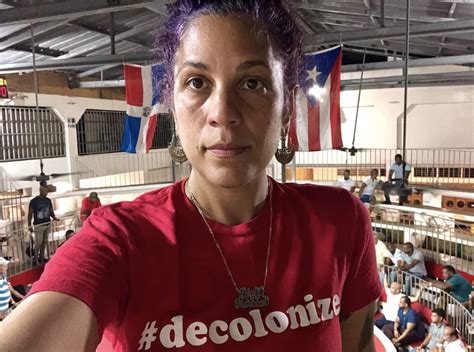A Quote by Chitra Banerjee Divakaruni
A kshatriya woman's highest purpose in life is to support the warriors in her life: her father, brother, husband and sons.
Related Quotes
A woman of faith is blessed by faithful men in her life who hold the priesthood of God and honor this privilege: her father, bishop, husband, brothers, sons. They value her and the divine gifts given by God to His daughter. They sustain and encourage, and they understand the great mission of her life as a woman. They love her; they bless her.
No man worth his salt does not wish to be a husband and father; yet no man is raised to be a husband and father and no man would ever conceive of those relationships as instruments of his prime function in life. Yet every woman is raised, still, to believe that the fulfillment of these relationships is her prime function in life and, what's more, her instinctive choice.
Her [Eleanor Roosevelt] father was the love of her life. Her father always made her feel wanted, made her feel loved, where her mother made her feel, you know, unloved, judged harshly, never up to par. And she was her father's favorite, and her mother's unfavorite. So her father was the man that she went to for comfort in her imaginings.
Father, One day, a woman walked into my life. I hurt her deeply with the harshest words possible. I pushed her away as much as I could. But, she still came back to me. She is so much like me; I look at myself often when I look at her. She has the physical wounds that I have. The tears that fill my brain are flowing through her heart as well. I gave her those wounds. I made her cry. I should not have met her. I should not have allowed her to come into the life of a guy like me. Father, I'm regretting it. This is the first time... that I have ever regretted anything in my life.
When my daughter went to school, her last name was mine. The school insisted that her father's name be added to hers, not her mother's. The fact that the mother kept her in her womb for nine months is forgotten. Women don't have an identity. She has her father's name today and will have her husband's tomorrow.
Adultery is in most cases a theft in the dark. At such moments almost every woman betrays her husband's innermost secrets; becomes a Delilah who discloses to a stranger, discloses to her lover, the mysteries of her husband's strength or weakness. What seems to me treason is, not that women give themselves, but that a woman is prone, when she does so, to justify herself to herself by uncovering her husband's nakedness, exposing it to the inquisitive and scornful gaze of a stranger.


































